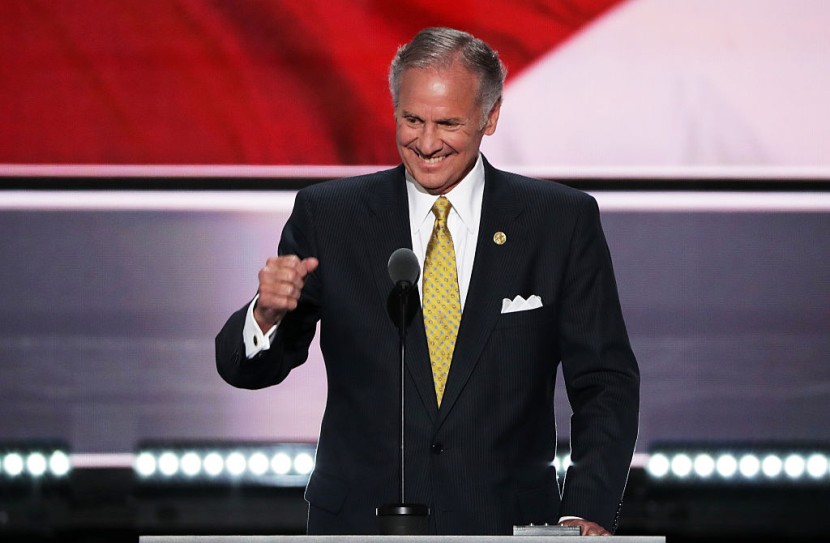
South Carolina Gov. Henry McMaster signed the heartbeat bill into law on Thursday. It was signed one day after the legislation passed the state lower chamber.
Fetal Heartbeat Bill
According to McMaster on Twitter, "Today, we made history. The Heartbeat Bill is now the law of South Carolina and we will defend it with everything in us because there is nothing more important than protecting the sanctity of life!"
Today, we made history. The Heartbeat Bill is now the law of South Carolina and we will defend it with everything in us because there is nothing more important than protecting the sanctity of life! pic.twitter.com/n9ldH3CUAJ
— Gov. Henry McMaster (@henrymcmaster) February 18, 2021
On Thursday, the SC governor signed a bill prohibiting most abortions, one of his top priorities since he took office over four years ago. The South Carolina Fetal Heartbeat and Protection from Abortion Act is like abortion limitation laws that a dozen states have earlier passed.
A final procedural vote was made Thursday. They would approve the measure on a 79-35 vote Wednesday. The bill was officially passed in the House 74-39 on Thursday.
The new law prohibits abortions if a fetal heartbeat can be detected. It mandates doctors to conduct an ultrasound before performing an abortion to see if a heartbeat could be detected. The law consists of exceptions to a fetus's rule conceived by incest or rape or if the mother's life is in grave danger.
Planned Parenthood Files Lawsuit
In response, Planned Parenthood filed a lawsuit, effectively barring the measure from being implemented. The South Carolina law, similar to that of other states that are currently being challenged, is "blatantly unconstitutional," according to Jenny Black, president, and CEO of Planned Parenthood South Atlantic.
Requirements of the South Carolina Fetal Heartbeat and Protection from Abortion Act
The law requires physicians to check for a heartbeat in the fetus. In incest or rape cases, doctors who offer the procedure are required to report the crime to police officials. For having an illegal abortion, a pregnant person would not be punished. But anyone who operates may be charged with a felony, fined $10,000 if found guilty, and a two-year sentence in prison.
The governor's signature was not the last phase for this piece of legislation. According to McMaster, the step undertaken yesterday was long in coming and remarkable in consequence. However, their battles are not over yet, reported WBTV.
Before signing the bill, McMaster stated, "If there's not a right to life, then what rights is there. What rights exists, if not the elementary, fundamental, profound right to life," reported USA Today.
According to South Carolina Attorney General Alan Wilson in a statement, the Attorney General's office has already been named by accusers in a legal action to bar the implementation of this law. He added his office would vigorously defend the law in court because nothing is of greater priority than protecting life.
The new law comes as the Supreme Court, with a sternly conservative tilt from former President Donald Trump's appointees, has shown it is open to abortion restrictions.








